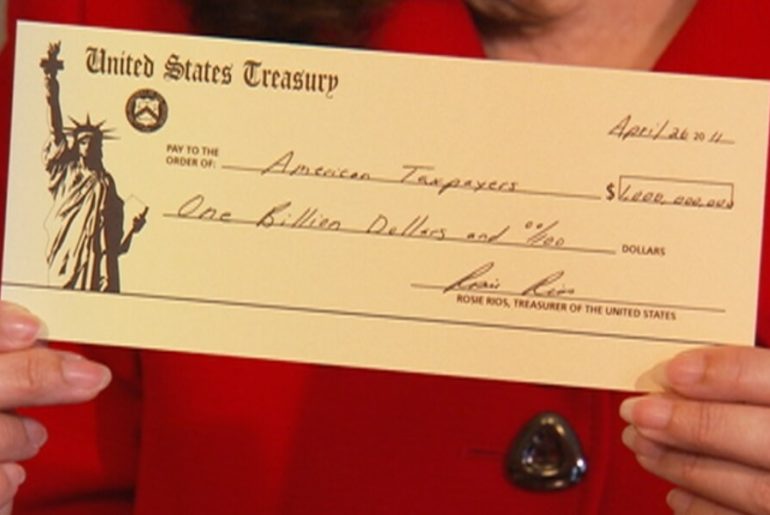Last week, the U.S. made history by approving the biggest stimulus plan in the history of the country, which aims to aid the small companies that have had to close or reduce their operations amid the unprecedented public health crisis caused by the COVID-19. Most famously, the $2.2 trillion plan also strives to expand unemployment insurance and send direct checks to Americans hard hit by the coronavirus pandemic and economic downturn. But in the midst of all this, a lot of people are wondering where do immigrants stand with the government help. Here is a helpful guide:
Who is eligible for the stimulus check?
Each check will provide $1200 for every eligible person, $2400 for couples and an extra $500 for every child. Whether or not someone is eligible, depends on their immigration status and the amount of money they earn in a year, which the government will determine by their latest (either 2018 or 2019) tax return. According to the National Immigration Law Center, only immigrants with a social security number will receive the relief money, excluding many immigrant and mixed–immigration status families from receiving this financial assistance.
Income Restrictions
Individuals who earn $75,000 a year will get the full check, while people who earn up to $99,000 annually, will receive a smaller amount, which will be calculated by deducting $5 for every $100 they earn above that $75,000.
Married couples will receive $2,400 if their combined annual wages do not exceed $50,000. With couples earning up to $198,000, a scenario similar to the one mentioned above will occur, as they will receive a check for a smaller amount.
Parents will also receive $500 for each minor.
If someone is a “head of household,” such as a single mother or father, they will receive the $1,200 check if they earn up to $112,500 annually. Those who earn up to $136,500 annually and are the head of the household will receive a check for a smaller amount in addition to the $500 per child.
Legal Status Limitations
The checks are primarily directed at American citizens and legal residents. Undocumented immigrants and people who filed taxes using an ITIN (individual taxpayer identification number) are not eligible for the credit, according to an article Univision News.
“Taxpayers who provided a taxpayer personal identification number (ITIN) are not eligible for the credit,” an analysis by the Congressional Research Service on the bill shared by Univision specified. “Therefore, married couples in which a spouse has a Social Security number and the other an ITIN number are not eligible for the credit.”
However, in the case that they have a child or children with Social Security, experts advise to wait for the official guide of the Internal Revenue Service (IRS) to know for sure if they can receive help for them. They advise the same thing for a marriage in which one of the spouses has a Social Security number and the other one an ITIN number, although they say that it may be possible to receive it if they have not jointly filed a tax return.
Finally, experts expect that Deferred Action for Childhood Arrivals (DACA) and Temporary Protected Status (TPS) holders, as well as ayslees and U Visa holders, would be able to qualify for the money because they are issued Social Security numbers.
Additional resources
Most of the non-eligible immigrants, except for those undocumented, can still apply to federal benefits such as unemployment and food assistance. Furthermore, if requested, these benefits won’t count against them in the Public Charge test. Undocumented immigrants, however, can still apply for some state benefits in 26 states, including medical insurance in California, and can apply for their citizen children to receive any federal benefit.
Additionally, many groups across the country are attempting to plug the large gap in the Coronavirus Aid, Relief, and Economic Security Act, known as the CARES Act, by creating funds and organizations for immigrants of all legal status. Here are some additional resources available throughout the country.
Final note
Beware of giving away information to scammers. A new trend involves calling people pretending to be government officials and asking them for their personal information. To avoid being a victim of fraud, here are a couple of things to remember:
- You don’t need to take any action to receive the check – as long as you filed taxes for 2018 or 2019, or receive Social Security benefits if you are over the age of 60, the federal government likely has the information it needs to send you your money.
- There is nothing to sign up for, as the government will take the initiative on the whole process.
- The government will never directly ask you for your bank information. To set up direct deposit of your check, communicate only with the IRS at irs.gov/coronavirus.
- No one has early access to this money except for the government.

